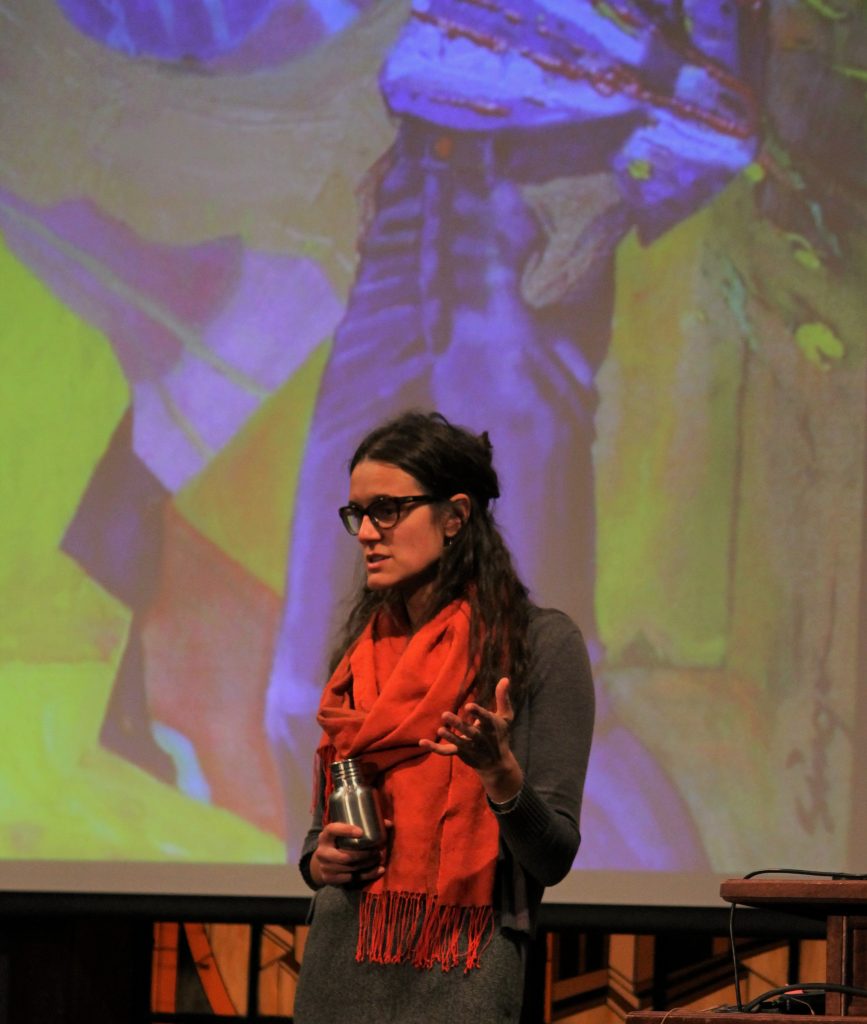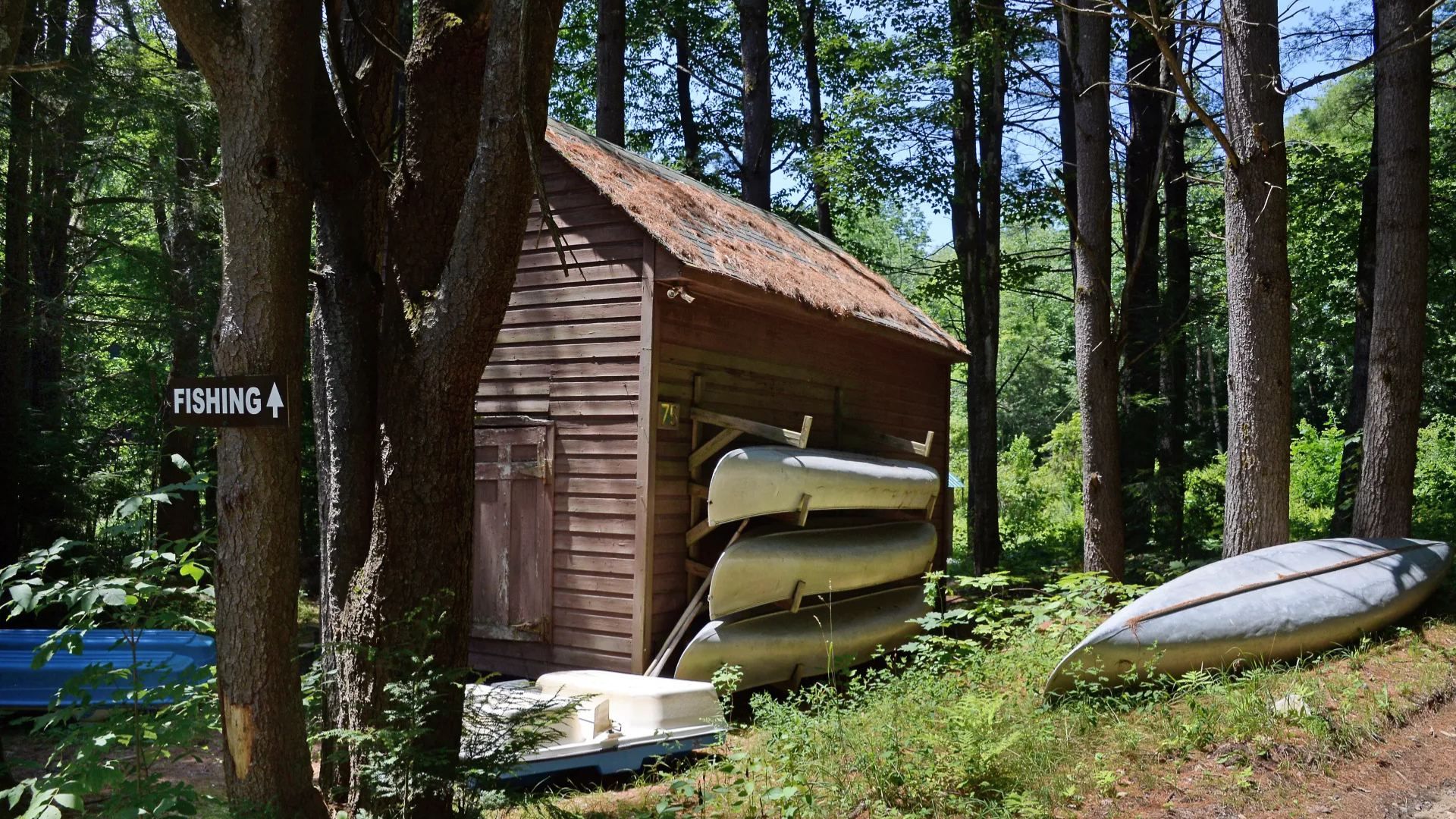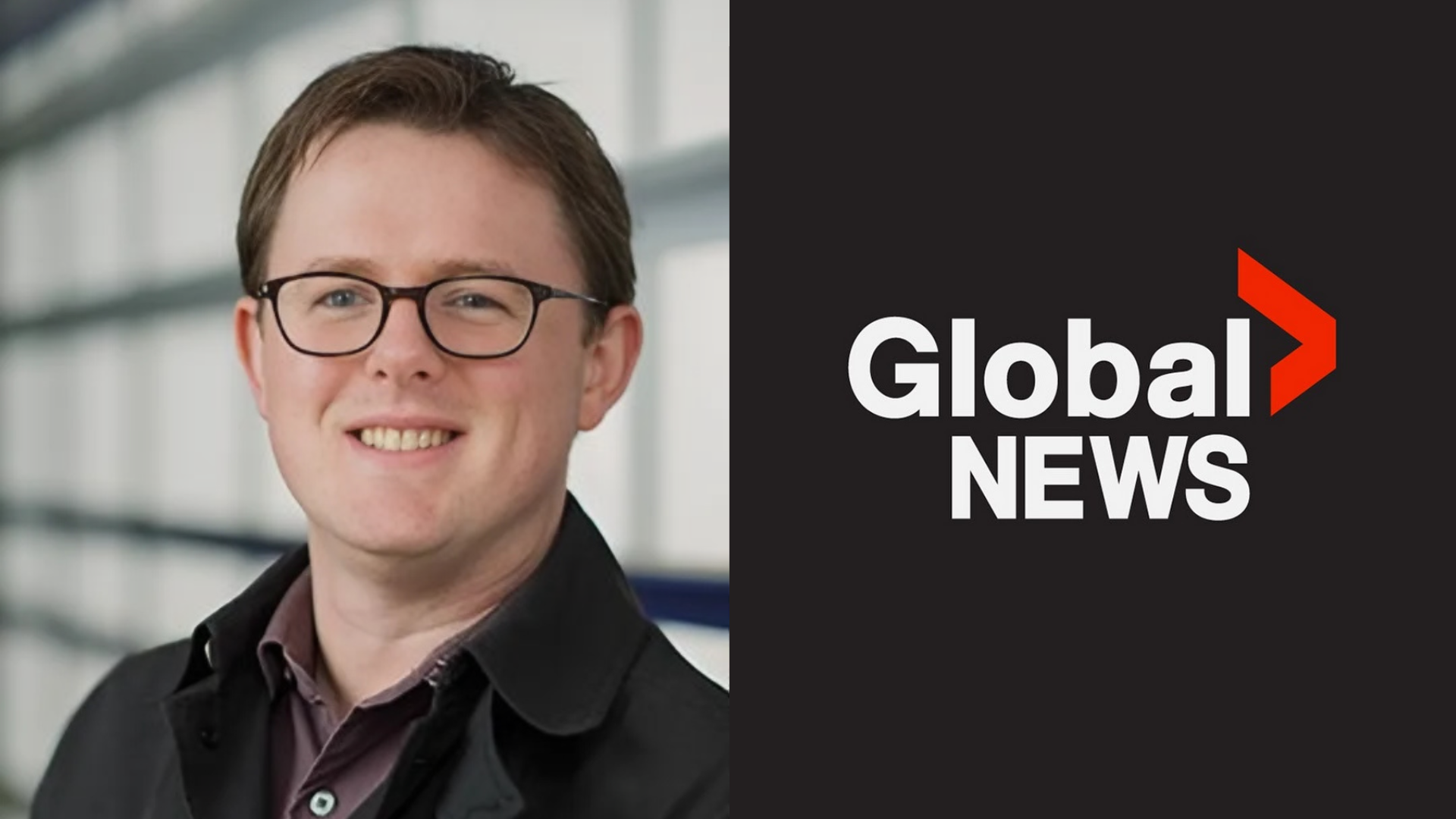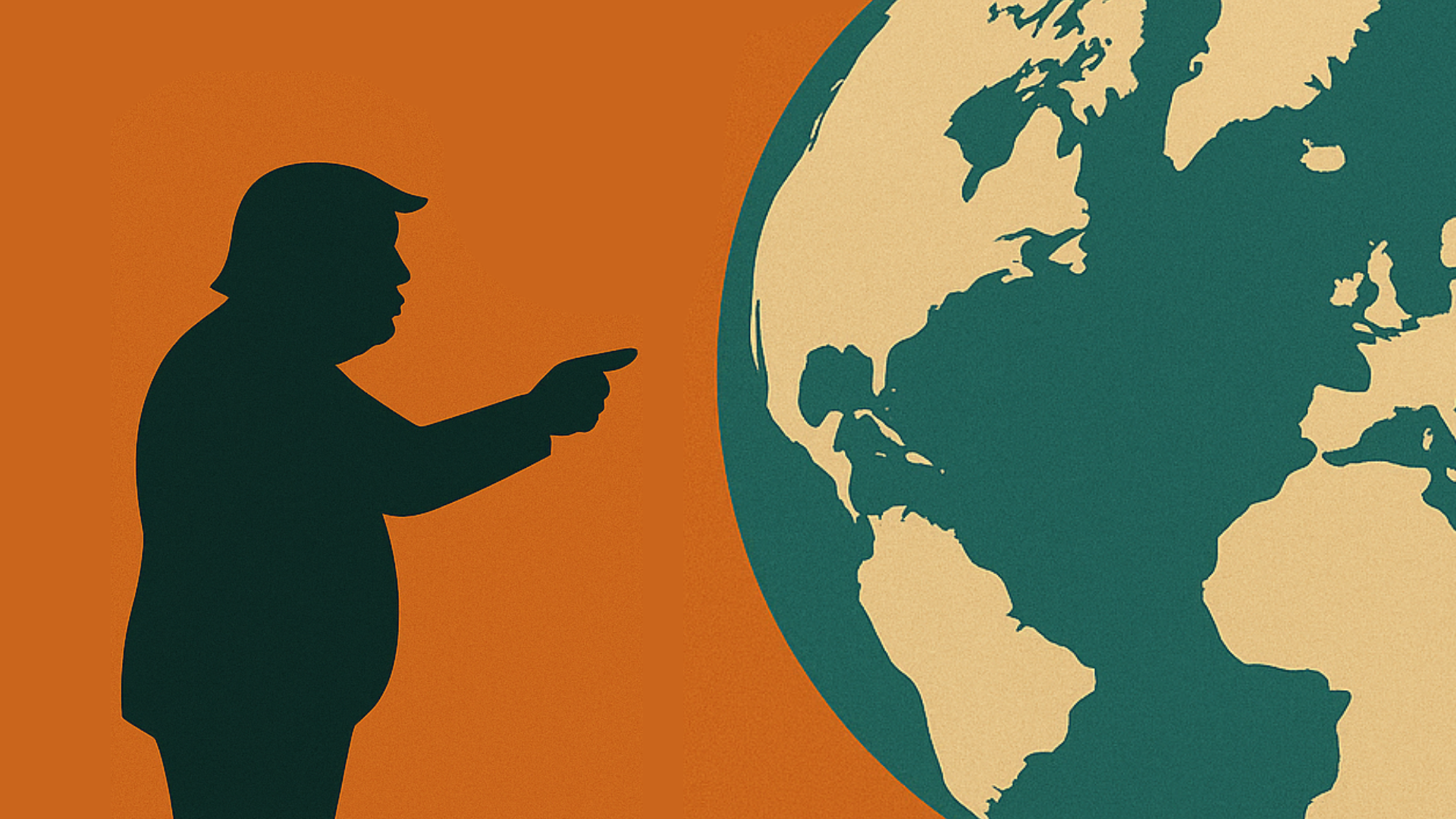

“For me mentorship and community were the key ingredients for choosing a grad school and selecting an advisor. I would urge future grad students to research potential supervisors and ask questions about the kind of support they can provide as mentors.”
PhD student Sarah Fox received the 2019 Killam Doctoral Scholarship for her research on modern environmental history. A short video from UBC Graduate and Postdoctoral Studies captured her reaction to the award and also gave Sarah the opportunity to discuss her past research on the stories and memories of ordinary people living in radiogenic communities. Sarah’s personal reflection on the Killam can be found on her blog.
We interviewed Sarah to go beyond the “what does this award mean to you?” question to find out about her path and the groundwork involved in her success in academia. In the below Q&A, Sarah discusses how she got to UBC, how community in the Department of History has been key, and a few words of wisdom for future graduate students.
What attracted you to history? What is your academic background?
My mother is a historian so I grew up sort of immersed in the methods and topics of the past. I have a lot of memories of being in archives and cemeteries and oral history interviews with her when I was a child, and she’s been a mentor of mine for many years. I did my undergraduate work in American Studies at The Evergreen State College, which confirmed for me that no single disciplinary approach is adequate to make sense of the questions we have about the material and cultural worlds we inhabit. I began experimenting with approaching history questions using a variety of methodologies, particularly those of folklore and environmental studies.
I subsequently attended Utah State University where I did my Master’s Degree in History, with a strong emphasis on folklore methodologies. The thesis I wrote for my Master’s became the first draft of my book Downwind: A People’s History of the Nuclear West, which I completed over several years while working in the restaurant world.
At that time I was unsure if the field of history was a welcoming space for people interested in doing community-facing or activist scholarship. I realize now that people were certainly doing that work in the field at the time, but I was naive and maybe a bit rebellious so I wrote most of my book outside of academia, except for the process of developmental editing and peer review, of course. After Downwind was published I toured communities and universities speaking about my work, and began teaching as an adjunct faculty in the Environmental Policy and Decision-Making program at University of Puget Sound. Working with undergraduates was really energizing. I began to see academia’s potential as a platform to support social movements, and to realize how much I still wanted to learn.
Ultimately what brought me back to graduate school, 12 years after completing my Master’s, was a desire for community and mentorship. I craved working on questions and problems in collaboration with others.
Why did you choose UBC for your PhD?
I chose UBC because I wanted to work with Coll Thrush. I had been following his scholarship for some time and we shared a strong interest in stories of place. Not to mention we share some intellectual genealogy — earlier in our careers we both worked with historian Robert Keller, though not simultaneously.
When I began to consider a PhD, Coll was my first choice for a mentor. His approach to historical research, writing and pedagogy all resonated strongly with me. I was encouraged by his willingness to embrace the possibilities of unconventional archives and his expertise in what he’s called the “highly interdisciplinary, even omnivorous methodologies of environmental history.” (Native Seattle, 2007, xv). Other shared values informed my decision including Coll’s willingness to support open dialogue around mental health in academia, and his ethical commitment to history work as a collaborative, recovery-oriented process.
What is it like to be part of the graduate community in the History Department?
From my first day here, I’ve been really happy with the community, support and mentorship I’ve found in the department. There are so many brilliant people here who are excited to have conversations about big historical questions. I’ve found a lot of support for interdisciplinary thinking and creative approaches to historical research.
My cohort is filled with kind, generous, welcoming and humble people. There is always someone willing to look at a draft you’re working on, and I appreciate how members of each cohort take responsibility for keeping that collaborative energy alive and circulating. I have a child and spouse in Seattle, and I am here in Vancouver about three days a week. I’m happy to say that both Seattle and UBC feel like home.
Any advice for future grad students?
For me mentorship and community were the key ingredients for choosing a grad school and selecting an advisor. I would urge future grad students to research potential supervisors and ask questions about the kind of support they can provide as mentors. What is their pedagogy? Do you align well with the values that drive this advisor’s research? Are you interested in similar or complementary questions or methodologies? The typical questions I think a lot of grad students ask about potential advisors (what have they published, do they have Ivy League credentials, how well-known are they) don’t actually tell you much about that person’s capacity to support you as a graduate student.
Once you arrive in a program, look at your cohort members as colleagues. Find folks whose work and methodological approaches excite you and inspire your own thinking, and lean into the work of building community. We’re engaged in a conversation as scholars of history, but we often end up working in isolation, which is detrimental to us as individuals and as a field.
For more information:
Visit Sarah’s website


